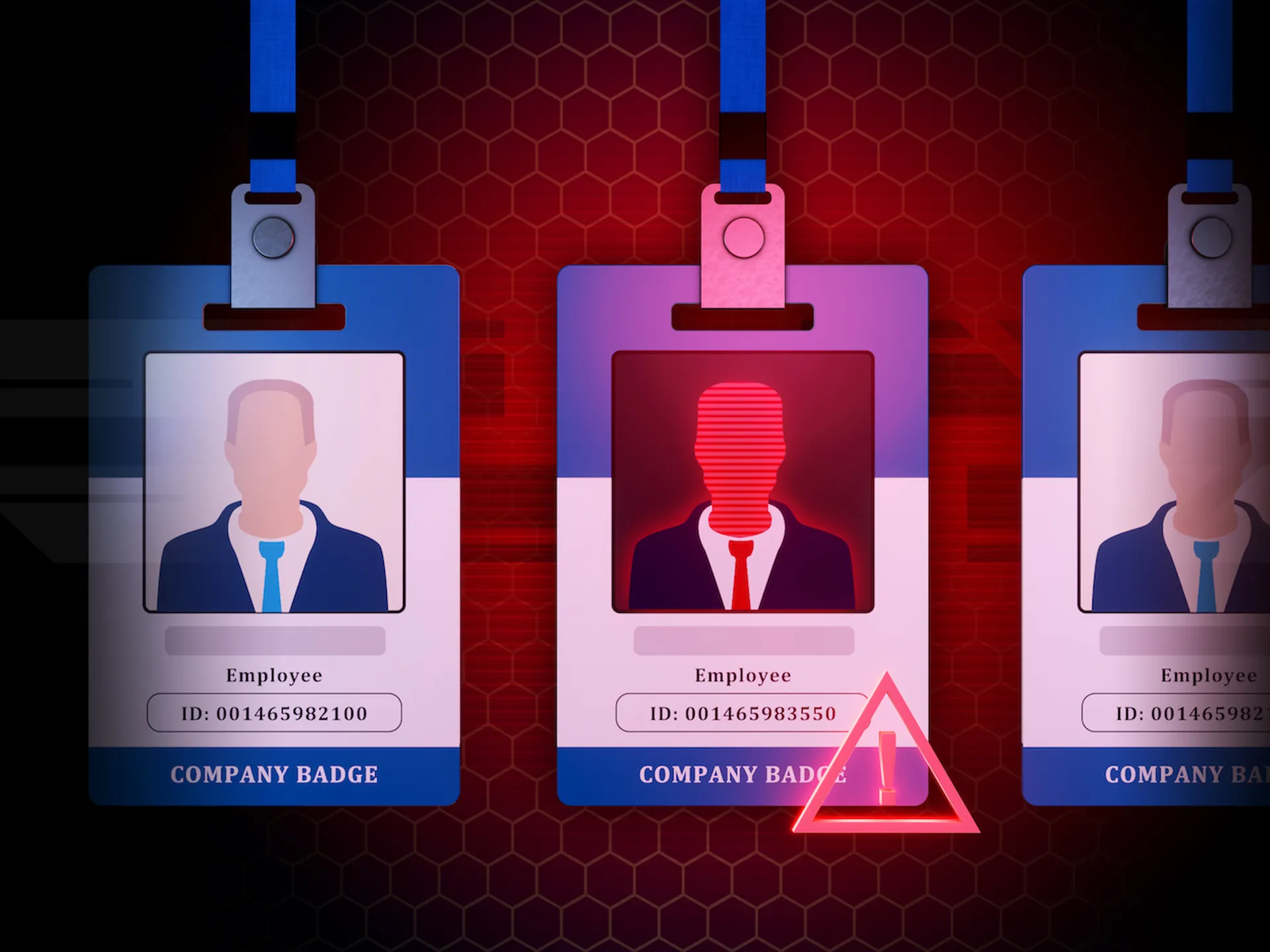Modern Love
Not too long ago the Tech Giants were spending time on Capitol Hill arguing with a number of three-letter agencies and other members of the U.S. government about the need for strong encryption. Part of that conversation was the intention to protect users and customers from malicious adversaries and attacks against the technology built and sold by these companies (i.e., security), while another part was the stated desire to allow users and customers to keep private data private (i.e., privacy). With the debate about encryption experiencing a lull (because: encryption, FTW!), many of these same Tech Giants are once again beating a drum in D.C. This time, the aim is modernizing the Constitution—specifically the Fourth Amendment—to accommodate current societal norms, i.e., the ubiquity and “necessity” of mobile phones, email, text, social media, etc.
In a brief filed with the Supreme Court earlier this month, Apple, Dropbox, Facebook, Google, Microsoft, Twitter, and others, collectively listed as “Amici Curiae,” petitioned the court on the subject of digital data. The Statement of Interest begins, “Billions of people rely daily on amici’s search engines, email services, social networks, smartphones, cloud storage, Internet-based devices and applications, and wireless networks for their businesses and personal lives.” A fact which is indisputable. The brief continues to present that current Fourth Amendment protections aren’t strong enough to cover “digital era” communications.
There’s no sign of life
The reality is that it is almost impossible to operate in modern society without some use of technology. The internet and internet-connected devices, amici argues, are not a luxury or even a convenience. “Forgoing the use of those technologies for many is not an option,” the brief reads, continuing to point out that “As many courts have recognized, the ‘[u]se of the Internet is vital for a wide range of routine activities in today’s world—finding and applying for work, obtaining government services, engaging in commerce, communicating with friends and family, and gathering information on just about anything, to take but a few examples.’” Considering that more than 90% of American adults use the internet daily, 95% own mobile phones (77% of which are smartphones), and even more than 50% use or have a tablet, the general public would likely agree that personal technology is a fact of life.[i]
Along with that prevalent use of technology comes reliance on carriers and providers, service organizations that transmit, store, and otherwise interact with consumers’ digital data. Though users have some understanding that providers need some access to and interaction with their data at some level, the expectation on the part of the users is that private data will remain (essentially) private. Certainly as it relates to government surveillance, mass data collection, and warrantless access, consumers (by and large) have said “no bueno.” As a result, amici contend that Fourth Amendment protections should extend to consumers’ digital communication.
It’s just the power to charm
The main sticking point is third-party access. Under the Fourth Amendment as it is currently interpreted, when a consumer provides information to a third party it is no longer considered private. In the digital world, all data, by definition, is “provided” to a third party and could, therefore, be interpreted as “non-private.” But this isn’t how personal technology is intended to work for consumers. The brief addresses this point: “By virtue of [networked systems] architecture and the way the Internet and wireless networks operate, all digital technology transmits user information to various service providers. Those transmissions are an unavoidable condition of using digital technology.”
I’m lyin’ in the rain
Amici argue that the Supreme Court has shown in previous rulings that digital information deserves special consideration. The issue here is that such judgements are one offs, leaving much room for interpretation about how government and law enforcement can and will access the data which consumers expect to remain private. The group emphatically states that it by no means proposes to deny government or law enforcement legal access when appropriate measures are taken (i.e., when a valid warrant is issued). The aims of this request are to stop overly broad access, the ability for government/law enforcement to obtain personal data without a warrant, and to redefine “third parties” in the case of digital data so that loopholes for warrantless access are closed. And just so we’re clear, “data” includes metadata.
But I never wave bye-bye
While the brief in its entirety is 33 pages long, the heart of the proposition can be summed up in a few sentences written on page 23: [When customers transmit personal data to technology companies] “They should not be forced to relinquish Fourth Amendment protections against government intrusion simply by choosing to use those technologies. To resolve this case, the Court should forgo reliance on outmoded rules that make little sense when applied in the digital context. In particular, the third-party doctrine and the content/non-content distinction should not operate to categorically foreclose Fourth Amendment protection.”
A fine and modern idea, indeed.



